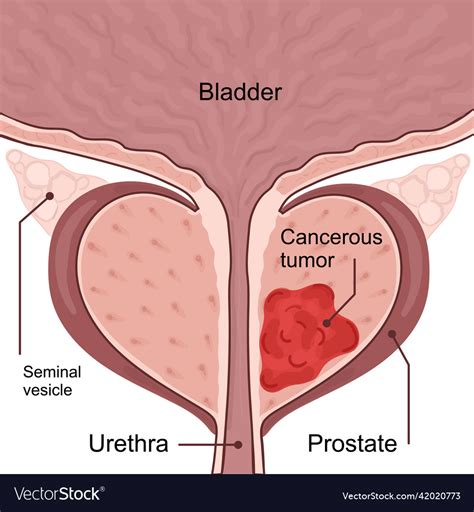What is the recommended age for men to begin regular prostate cancer screenings?

Navigating Prostate Cancer Screening Guidelines
Determining the right age for men to start regular prostate cancer screenings is a critical decision that involves a nuanced understanding of individual health, risk factors, and medical guidelines. Unlike some other cancer screenings with definitive age recommendations, prostate cancer screening guidelines emphasize personalized assessment and shared decision-making between a man and his doctor.
While there isn’t a universal starting age, major health organizations provide frameworks to help guide these discussions, taking into account various factors that can elevate a man’s risk.

General Recommendations for Average-Risk Men
For men at average risk of prostate cancer, most organizations, including the American Cancer Society (ACS), recommend starting the conversation about screening around **age 50**. At this age, men should discuss the potential benefits and risks of screening with their doctor. Factors defining average risk typically include not having a first-degree relative (father, brother, or son) who had prostate cancer before age 65, and not being of African American descent.
Recommendations for High-Risk Men
The starting age for screening may be earlier for men with specific risk factors. This includes:
- Age 40-45: For men with a high risk, such as African American men or those with a first-degree relative who had prostate cancer before age 65. African American men, in particular, face a higher incidence and mortality rate from prostate cancer, and earlier screening discussions are often recommended.
- Age 40: For men with several first-degree relatives who had prostate cancer at an early age (e.g., father, brother, or son).
These earlier start times reflect the understanding that genetic predisposition and ethnic background can significantly increase a man’s likelihood of developing the disease, often at a younger age.

What Does Screening Involve?
Prostate cancer screening primarily involves two tests:
- Prostate-Specific Antigen (PSA) Blood Test: This test measures the level of PSA, a protein produced by cells in the prostate gland. Elevated PSA levels can indicate prostate cancer, but can also be caused by other non-cancerous conditions like benign prostatic hyperplasia (BPH) or prostatitis.
- Digital Rectal Exam (DRE): During a DRE, a doctor manually checks the prostate gland for any abnormalities in size, shape, or texture.
Neither test is definitive on its own, and abnormal results often lead to further investigation, such as a biopsy, to confirm a cancer diagnosis.

The Importance of Shared Decision-Making
Given the complexities, the decision to undergo prostate cancer screening should always be a personal one, made in consultation with a healthcare provider. This process, known as shared decision-making, involves a thorough discussion of:
- Your individual risk factors: Age, family history, ethnicity.
- The potential benefits of screening: Early detection might lead to more effective treatment and better outcomes.
- The potential harms of screening: These can include false positives (leading to anxiety and unnecessary biopsies), overdiagnosis (finding slow-growing cancers that might never have caused harm, leading to unnecessary treatment), and the side effects of treatment (e.g., incontinence, erectile dysfunction).
Your doctor can provide you with the most up-to-date information, tailored to your specific health profile, to help you make an informed choice.

Conclusion: A Personalized Approach
In summary, there is no single universally recommended age for all men to begin prostate cancer screenings. While men at average risk typically consider screening discussions around age 50, those with higher risk factors, such as a strong family history or African American ethnicity, may need to start these conversations as early as 40 or 45. The most crucial step is to engage in open and honest dialogue with your doctor to assess your personal risk, understand the pros and cons of screening, and decide on a screening plan that is right for you. Regular check-ups and proactive health discussions are key to maintaining long-term well-being.










